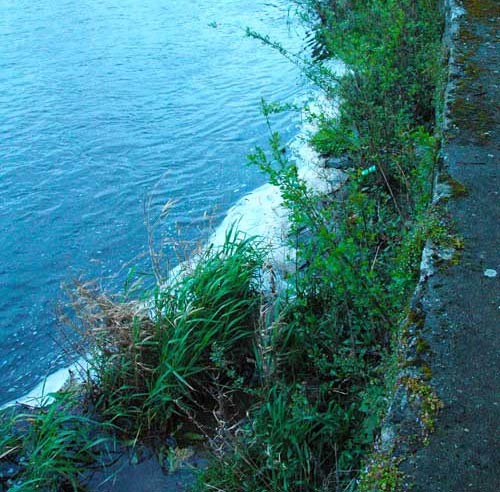- Local authorities play a vital role in protecting the environment and carried out over 205,000 inspections in 2021. The majority (70%) of these inspections relate to waste management.
- Local authorities need to deploy and target resources more effectively in order to improve the quality of our air and water.
- Local authorities need to increase the level of farm inspection and enforcement activity to reduce the impact of agricultural activities on water quality
- There is a need for increased enforcement efforts by local authorities on the segregation of domestic and commercial waste and the management of construction & demolition waste, which is the largest waste stream in Ireland with over eight million tonnes produced annually.
- In order to help protect human health from harmful air pollutants, local authorities should prioritise inspections of fuel sellers to ensure only approved fuels are sold nationwide.

The Environmental Protection Agency (EPA) has today published its report on the environmental performance of local authorities in 2021. The report shows that the scale of environmental enforcement work carried out by local authorities is significant. In 2021, over 500 local authority staff handled almost 81,000 complaints and carried out over 205,000 environmental inspections.
Local authorities play a vital role in the protection of our environment and are responsible for enforcing much of our environmental protection legislation. The EPA’s Local Authority Performance Framework is crucial to ensuring a consistent national approach to the enforcement of environmental standards.
This is the first year of the revised Local Authority Performance Framework, which assesses the effectiveness of inspection activities in targeting key environmental issues. The assessment is based on 20 priorities, and measures how local authority actions deliver environmental outcomes – such as better segregation of household and commercial waste, cleaner air through controls on solid fuel sales and minimising risks to water quality from farming activities. Most importantly, there is an emphasis on assessing the follow-up and closure of issues detected so that real environmental improvements are achieved.
Commenting on the findings of the report, Dr Tom Ryan, Director of the EPA’s Office of Environmental Enforcement said: “Local authorities have a fundamental role to play in protecting the environment within their counties, and their performance in that role needs to improve. The EPA’s report shows that less than half of the 620 performance assessments undertaken across 20 national environmental enforcement priorities achieved the required standard in 2021.
The local environmental challenges are great. The water quality in our rivers, lakes, estuaries and coastal waters is in decline and there are concerning localised issues that are impacting negatively on the air we breathe. The segregation of waste streams, which is so critical to supporting materials reuse in the development of a circular economy, is not as good as it needs to be.”
He further added: “Local authorities need to have a more strategic approach to addressing these issues within their counties so as to protect people’s right to the enjoyment of a healthy environment. While local authorities are engaged in a great deal of enforcement activity, they need to have a better focus on priority environmental issues and increase or escalate enforcement action where required.”
Our water quality is in decline with just over half of surface waters (rivers, lakes, estuaries and coastal waters) in satisfactory condition. Agriculture is one of the sectors that is impacting on our water quality. The science has identified areas where agricultural measures are required to prevent nutrients including nitrogen and phosphorus from leaking into our waterways. Local authorities must target farm inspections in these areas. The proper use of fertilisers and the correct management of slurry will benefit both the farmer and the environment.
Mr David Pollard, Programme Manager of the EPA’s Office of Environmental Enforcement said: “Local authorities continue to carry out extensive water quality monitoring, however, there is scope to make better use of this monitoring to target enforcement action aimed at improving water quality.”
Air and noise enforcement continues to have the lowest level of dedicated resources within local authorities. Better targeting and coordination of resources in this area is necessary to protect public health. It is crucial that local authorities tackle air pollution issues by making sure that only approved solid fuels are sold.
The scale of waste and litter enforcement carried out by local authorities is significant. However, the range of the waste priorities to be addressed is broad and few local authorities managed to cover the full scope in 2021. In particular, there is a need for increased enforcement efforts to improve segregation of domestic, commercial, construction and demolition waste in order to improve reuse and recycling of materials.
The Focus on Local Authority Environmental Enforcement – Performance Report 2021 report is available HERE.

Leave a Reply